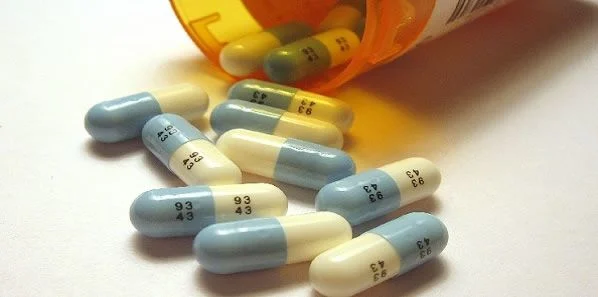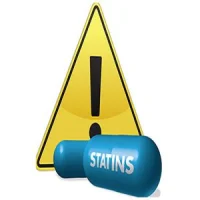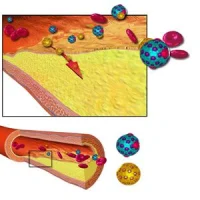Researchers at the Intermountain Medical Center Heart Institute have found that screening for and treating depression could help reduce the risk of heart disease in patients with moderate to severe depression. The study will be presented on March 15 at the American College of Cardiology's 64th Annual Scientific Session in San Diego.
The research team analysed the health records and death rates, coronary artery disease and stroke of more than 26,000 patients treated by Intermountain over a three year period. This is the first study of its type that assesses the relative effects of antidepressants and cholesterol-lowering drugs when used simultaneously.
The researchers used a nine-question depression screening questionnaire. The questionnaire assessed factors such as mood, sleep and appetite in order to determine the level of depressive symptoms. 5311 patients were identified as having moderate to severe depression while 21,517 patients had no to mild depression.
The findings show that patients with moderate to severe depression who were taking antidepressants alone had a lower risk of death, coronary artery disease and stroke as compared to patients with moderate to severe depression who did not take antidepressants or statin medications. The study also shows that taking statins alone or in combination with antidepressants is not associated with a significant risk reduction in this group of patients.
Patients with moderate to severe depression and taking antidepressants had a 53 percent lower risk of dying, developing coronary artery disease or having a stroke during the three-year follow up period as compared to patients with moderate to severe depression but not taking antidepressants or statins. In addition, patients with moderate to severe depression taking antidepressants alone fared much better than those taking statins alone or a combination of statins and antidepressants.
According to the study’s lead author Heidi May, PhD, MSPH, a cardiovascular epidemiologist at the Intermountain Medical Center Heart Institute, "Antidepressants might have relevant physiological benefits, but I also think the behavioural changes that improve a person’s mood can also improve cardiovascular health. This study demonstrates the importance of evaluating patients for depression, not only in terms of improving their mood, but reducing their risk for heart disease.”
Dr. May points out that the researchers were expecting to see an additive effect of taking both statins and antidepressants but this was not the case. Instead, the study shows that it was the antidepressant that really made the biggest difference in more depressed people. She highlights the fact that in most cases, clinicians focus on cardiovascular risk factors and depression is often overlooked. This study however provides evidence that, if used properly, antidepressants can improve cardiovascular outcomes in people with depressive symptoms.
Depression is an important risk factor for cardiovascular disease. According to the Centers for Disease Control and Prevention, approximately 1 in 10 adults suffer from depression. Future studies should be conducted to further refine the understanding of the relationship between depression and cardiovascular health.
Source: Intermountain Medical Center
Image Credit: Wikimedia Commons










